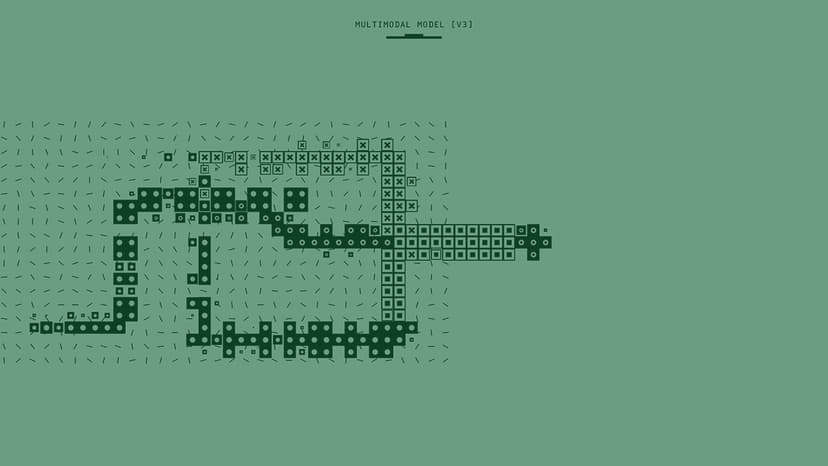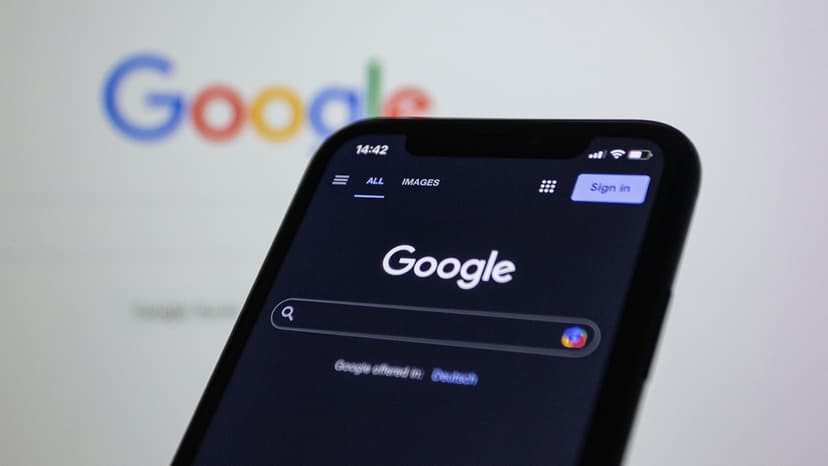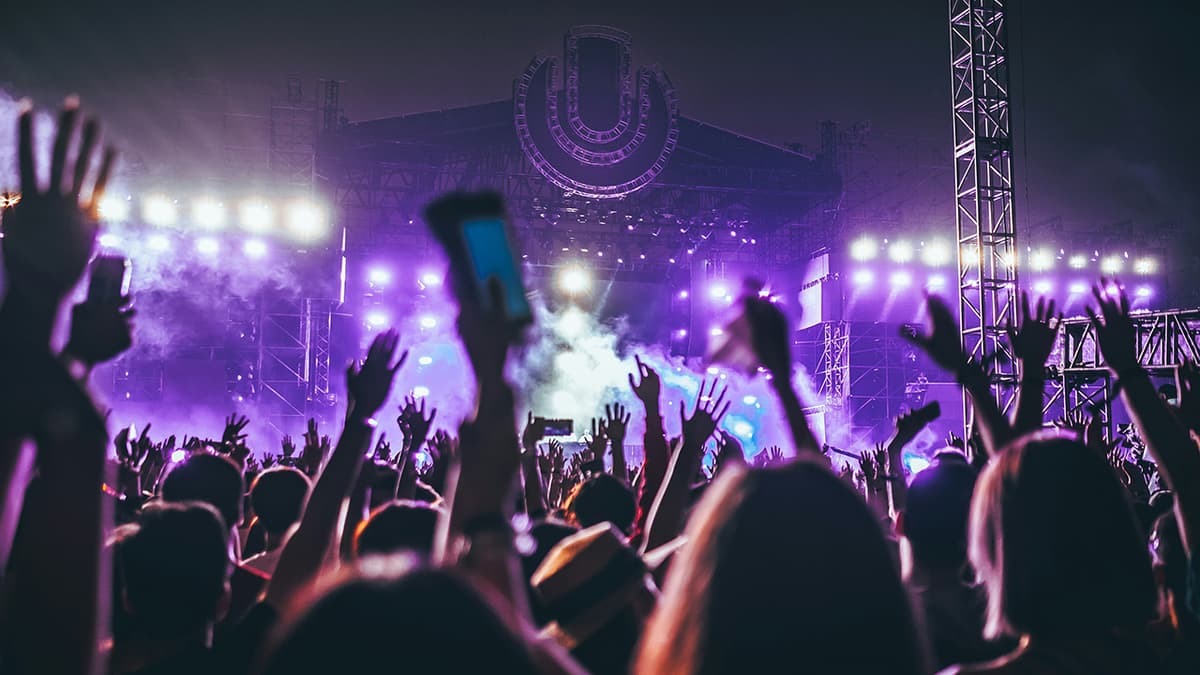Does an Eclipse Affect WiFi Signals?
An eclipse is a celestial event that has fascinated humans for thousands of years. When the moon passes between the sun and the Earth or when the Earth casts a shadow on the moon, we get to witness the striking spectacle of a solar or lunar eclipse. Amid the awe and amazement they provoke, there's also a swirl of questions about how these events might affect our daily lives—specifically, our modern-day technology, such as WiFi signals.
To kick things off, let's break down what WiFi actually is. WiFi is a technology that allows electronic devices to connect to a wireless local area network (WLAN), typically using the 2.4 GHz and 5 GHz radio bands. It's all about electromagnetic radiation, which is essentially light that you can't see.
Now, think about an eclipse. It's all about big celestial bodies getting in each others' way. One might wonder: Could this colossal game of cosmic peekaboo interfere with our precious WiFi?
The short answer? Not really.
Sure, an eclipse is a major natural event, but its impact on WiFi signals is virtually nonexistent. Here's why: WiFi waves are a type of non-ionizing radiation, which means they don't carry enough energy to knock electrons out of atoms. The sun, moon, and Earth don't interfere with the electromagnetic spectrum used by WiFi, which is way down at the radio end of things.
WiFi signals have much more earthly concerns than the distant movements of celestial bodies. The most common problems for WiFi come from local interference—think walls, large metal objects, and other electronic devices—or from overcrowding of the airwaves in densely populated areas. Even weather conditions have a greater impact on WiFi signal strength than an eclipse would; heavy rain, for example, can absorb and scatter the radio waves.
Let's put it another way: If eclipses did affect WiFi, wouldn't our ancestors have had epic tales of the "Great Communication Blackout" every time an eclipse occurred? Although the infrastructure obviously wasn't there in ancient times, the lack of historical panic over eclipse-related communication woes tells us everything we need to know.
It's also worth mentioning that while the process behind an eclipse is massive and dramatic, it doesn't change the fact that the primary drivers of your day-to-day WiFi quality remain very mundane. It's less about the celestial dance above and more about the number of devices competing for bandwidth, the thickness of your home's walls, and the distance between your device and the router.
Even during a total solar eclipse, when the day goes almost as dark as night for a brief period, the WiFi will carry on as usual. Radio waves traverse space without a care for the shadow of the moon. Your mid-eclipse stream, tweet, or video call should remain uninterrupted by the darkness.
To put it scientifically, the propagation of radio waves, which WiFi relies on, is determined by factors such as the strength of the signal, the frequency of the transmission, and environmental factors like obstructions and atmospheric conditions. An eclipse does not create any significant interference with the Earth's atmosphere in a way that would affect the behavior of radio waves.
For a phenomenon to significantly impact our WiFi, it would need to mess with the electromagnetic spectrum far more aggressively than an eclipse does. Geomagnetic storms caused by solar flares, for example, can disrupt communication systems—since they actually throw a surge of energetic particles at our planet, which can cause temporary chaos in our magnetic field.
Now, let's consider tech companies that could be indirectly impacted by an eclipse, such as internet service providers like Comcast (https://www.comcast.com) or device manufacturers like Netgear (https://www.netgear.com). They might be brought up in discussions about whether eclipses affect WiFi because, if true, it would mean they'd need to prepare for such events. But the good news for them—and for us—is that they don't need to come up with an "eclipse-proof" router. Our current technology is more than capable of handling an eclipse without breaking a sweat.
While an eclipse can drastically change the sky above us for a moment in time, it does nothing to the invisible waves that keep us connected. You can enjoy the majesty of an eclipse without the slightest concern for your virtual presence. So go ahead, post your eclipse photos and live streams with confidence, knowing that the cosmic ballet going on overhead won't disrupt your WiFi connection.












